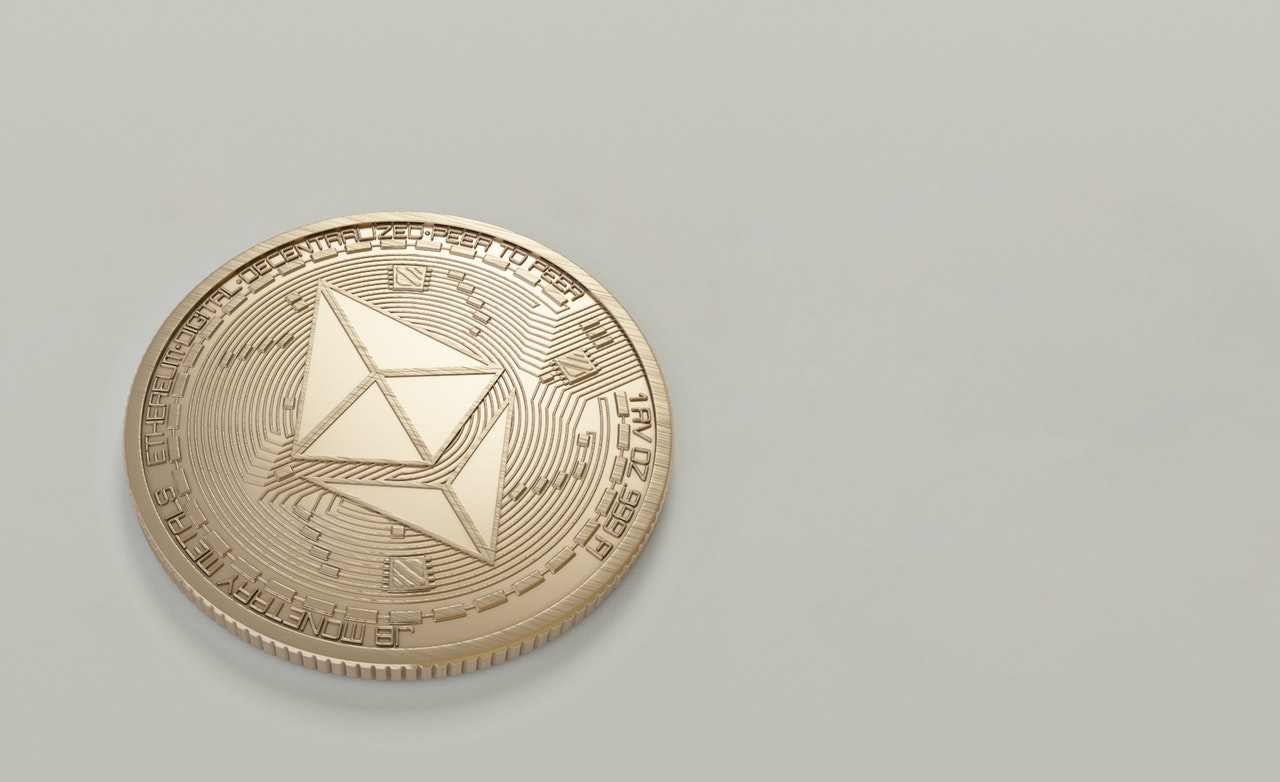Cryptocurrency Wallets – Everything you Need to Know About Them

With the popularity of cryptocurrencies, the concept of crypto wallets has also been introduced. To put it simply, these wallets are basically software programs that store public and private keys and also interact with different blockchains for enabling users to receive and send digital currencies and to monitor their balance. Having a digital wallet is essential for anyone who wants to use Bitcoin or any other crypto.
How do Crypto Wallets Work?
There are millions of people out there who are using these crypto wallets, but there is a great deal of misunderstanding about how these work. As opposed to the traditional ‘pocket’ wallets used by people, the currency is not actually stored by digital wallets. As a matter of fact, these currencies cannot be found anywhere in physical form and are not stored in a single location. The only thing you can find are records of the transactions that are kept on the blockchain.
As mentioned above, a crypto wallet is a software program designed for storing your public and private keys. They interact with different blockchains to enable users to send money, monitor their balance, and conduct their operations. When anyone sends you bitcoins or any other crypto, they are basically transferring the ownership to your wallet’s address. If you want to unlock the funds and spend the coins, you have to ensure that your wallet’s private key matches the public address assigned to the currency.
If there is a match between public and private keys, the balance in the crypto wallet increases and the sender’s balance decreases. No real coins are exchanged. The only way to track the transaction is through the record maintained on the blockchain and the chance in balance on the crypto wallet in question.
Different Types of Crypto Wallets
There are different kinds of cryptocurrency wallets that can be found for storing and accessing your digital currencies. There are three distinct categories in which you can divide these wallets, which are software, hardware and paper wallets. As far as software wallets are concerned, they can be mobile, desktop or online. Let’s take a close look at them:
Desktop wallets
These crypto wallets have to be downloaded and installed on a laptop or PC. This means that they can only be accessed from the single device on which they are downloaded. You can get the highest level of security in these desktop wallets, but if your computer is hacked or is infected by a virus, then there is a strong possibility that you will lose all your funds.
Online wallets
These particular crypto wallets run on the cloud and you can access them from any device and from anywhere. While it is convenient to access these wallets, the problem with online wallets is that they keep your private keys online and they are under the control of a third party. This means that they are more vulnerable to theft and hacking attacks.
Mobile wallets
These crypto wallets basically run on your phone in the form of an app and they are handy because they can be used anywhere, even in retail stores. Mobile wallets are simpler and smaller than desktop wallets due to the limited space available on mobile.
Hardware wallets
Quite different from software wallets, hardware ones store the private keys of a user on a hardware device, such as a USB. Even though these crypto wallets can be used for making transactions online, they are kept offline, which means they are capable of offering greater security. Hardware wallets are compatible with different web interfaces and also support numerous currencies; it only depends on the one you decide to use. In addition, conducting transactions through these wallets is quite easy. All you have to do is just plug in the device to any internet-enabled device or computer, enter a pin and then send the digital currency and confirm. With hardware wallets, you can conduct transactions while keeping your money offline and minimize the risks.
Paper wallets
When it comes to these crypto wallets, you will discover that using them is immensely easy and they also offer a high level of security. Even though a paper wallet can refer to a printout or physical copy of your private and public keys, it can also be used to refer to software that’s used for securely generating a pair of keys that are then printed. It is quite straightforward to use a paper wallet. You just need to transfer funds from your software wallet to the public address that you can see on your paper wallet when you want to transfer any currency. If you want to make a withdrawal, you can simply transfer funds from the paper wallet to the software wallet, a process that’s known as ‘sweeping’. You can do this manually when you enter your private keys, or can scan the QR code of the paper wallet.
Are Crypto Wallets Secure?
The level of security offered by cryptocurrency wallets can vary. It depends on the type of wallet you decide to use, whether it is desktop, hardware, mobile, paper or online, as well as the service provider. It is understood that as compared to offline options, a web server offers a riskier environment. When it comes to online wallets, you will be exposed to potential vulnerabilities in the wallet platforms that hackers can exploit for stealing your funds. In contrast, offline wallets cannot be hacked because they are just not connected to any online network and their security doesn’t depend on a third party.
Even though online wallets have proven to be quite vulnerable and susceptible to hacking attacks, you have to implement and follow diligent security precautions when using any cryptocurrency wallet. Regardless of what wallet you decide to use, if you lose your private keys, you will end up losing all your money. Likewise, if your wallet is hacked or you end up sending money to a scammer, you cannot reclaim your lost cryptocurrency and the transaction cannot be reversed.
There are certain precautions that you can take when it comes to using crypto-wallets. Some of these include:
Backup your wallet
You should only store small amounts of digital currencies online for everyday use and keep the majority of your funds in a highly secure environment. There are offline or cold storage options that can be used for backup, such as Ledger Nano X, or USB or paper can also protect you against computer failures and enable you to recover your wallet in case it is stolen or lost. However, it will not provide you any protection against eager hackers. The truth is that when you decide to use online wallets, there are inherent risks that cannot be completely eliminated.
Update your software
You need to update your software to ensure you have access to the latest security enhancements. Not only do you need to update your wallet software, but also the software that exists on your mobile or computer.
Add additional security layers
Using long and complex passwords and ensuring that any withdrawal from the wallet requires a password are some security measures that can come in handy. Also, opt for crypto wallets with a strong and positive reputation that have two-factor authentication.




















